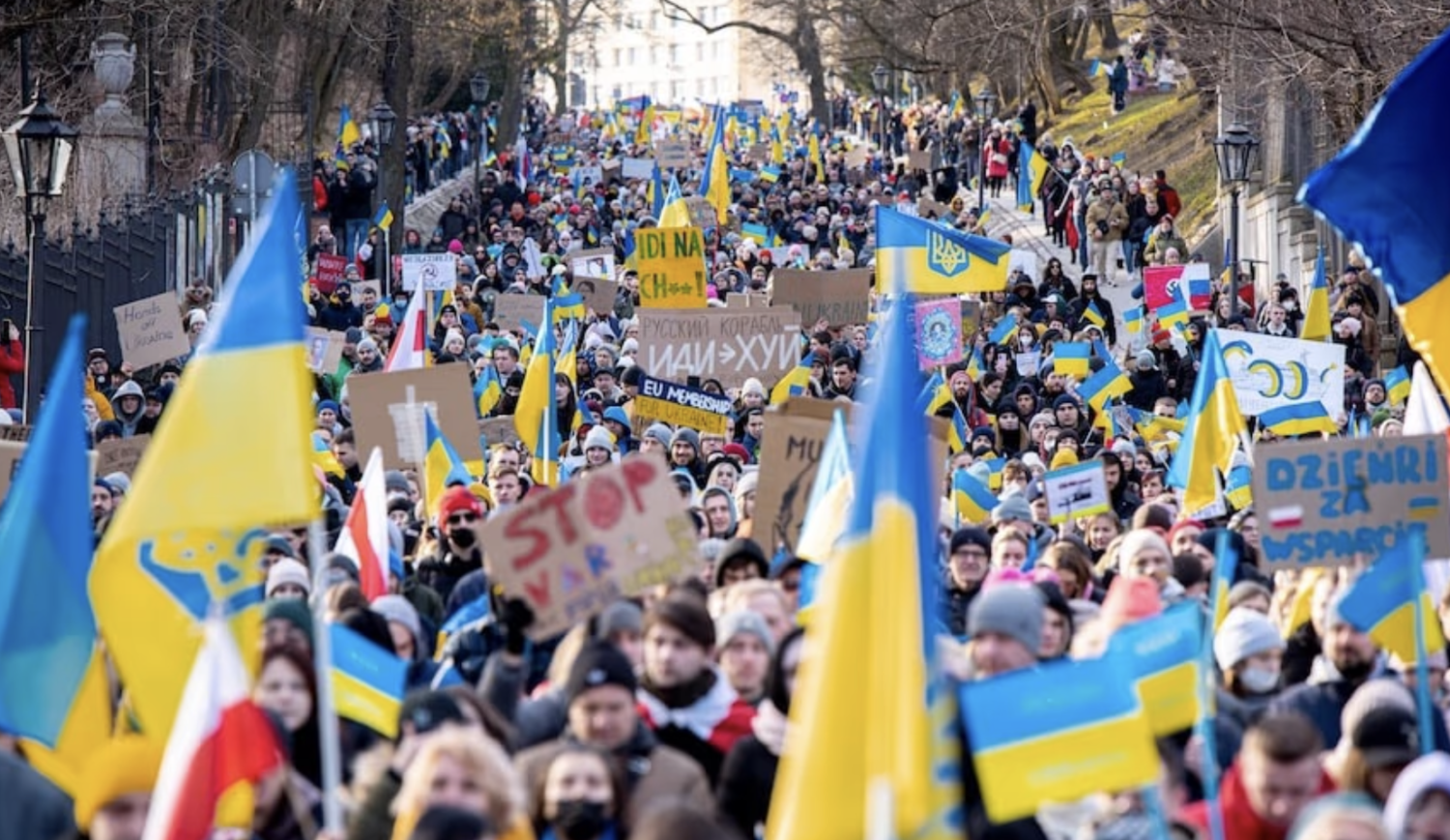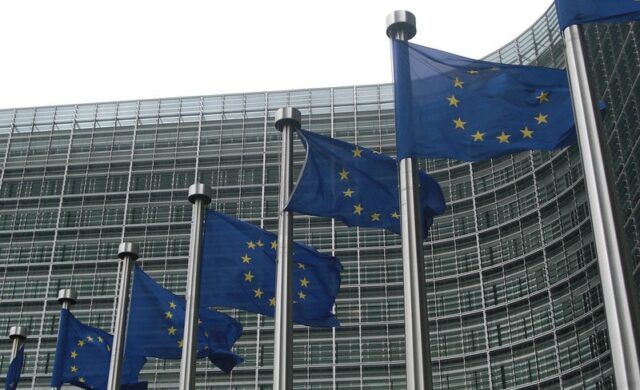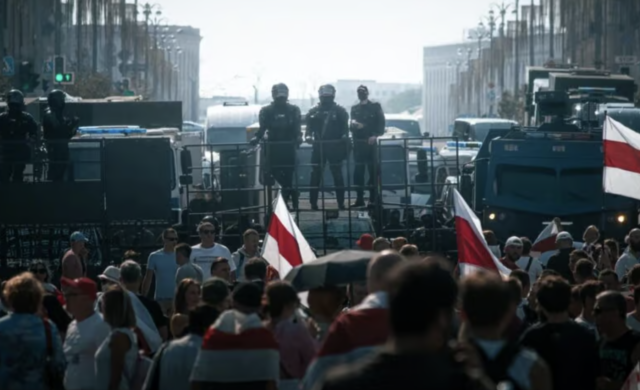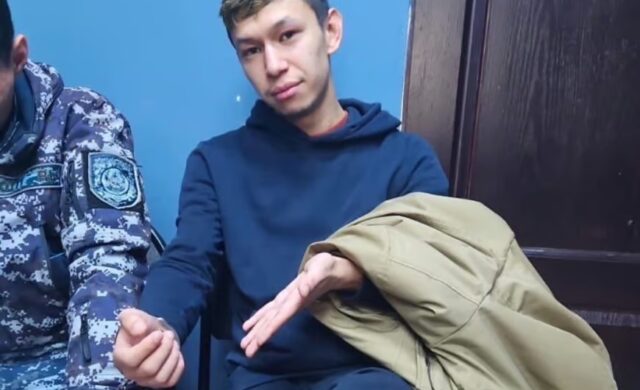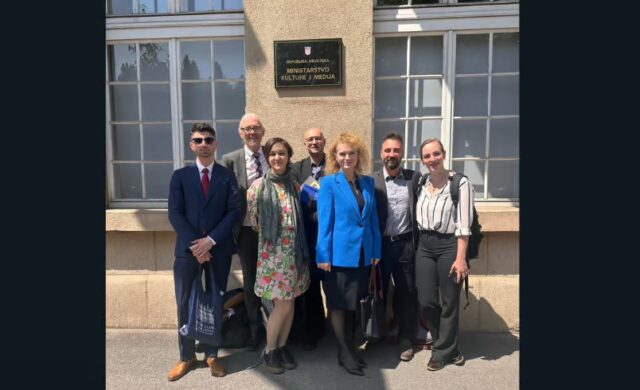In focus
European Union
We work to promote pro-competitive solutions that curb excessive corporate power and safeguard diversity, openness, fairness and inclusiveness of the information environment across Europe. Our advocacy also focuses on securing robust protections for freedom of expression, ensuring the safety of journalists, and guaranteeing media freedom and pluralism. .
We have contributed to shaping key EU laws, including the anti-SLAPP Directive, the Digital Markets Act (DMA), the Digital Services Act (DSA), and the AI Act. Our current priority is ensuring their effective implementation and enforcement.
Our work at the EU level includes:
- Engaging with EU regulators through responses to public consultations, filing of complaints, legal analysis and policy proposals, among others.
- Advancing the understanding of decision makers with regards to the impact of digital rules and policies on freedom of expression and democracy through the organisation of roundtables, workshops and similar events.
- Working through coalitions such as the Anti-Monopoly Coalition and Digital Mergers Watch to build stronger, collective advocacy.
DMA and competition law and policy
Our work ranges from submissions and complaints to the European Commission, to support to independent research and the creation of a space for researchers and regulators to discuss the DMA enforcement with a multidisciplinary and constructive approach. . These efforts make us a key civil society voice on the Act’s implementation and enforcement. We also act as bridge among relevant stakeholders, to open the debate, make it more inclusive and guarantee that rules are enforced in the public interest.
DSA
Our concrete actions around the rights-based approach to the DSA’s implementation and enforcement include joint submissions and civil society advocacy, as well as legal interventions before the Court of Justice of the EU and expert panels at major conferences. We also engage directly with EU institutions and expert working groups to ensure the DSA delivers real safeguards for freedom of expression and human rights.
SLAPPs
For years, we have led advocacy, research, and awareness efforts to protect public watchdogs from abusive lawsuits. As the EU Anti-SLAPP Directive moves into transposition, we closely monitor national implementation to ensure member states build on EU and Council of Europe standards and adopt strong safeguards relevant in their local context.
More on our work in the EU
Belarus
Since the rigged presidential election that sparked mass protests across Belarus in August 2020, the regime has stepped up its efforts to increase repression and continued to quash dissent, jail journalists and activists, as well as banning and blocking hundreds of news websites and media outlets.
Despite the world’s attention being diverted by several grave humanitarian crises, Belarusians continue to endure an unprecedented level of repression, often out of the spotlight and away from media headlines. We reaffirm our unwavering support for the Belarusian resistance and their strength in standing up to repression. We call for the release of all political prisoners who are persecuted for their vital work for civil society.
Prisoners are subjected to torture, denied hygienic products and critical medications, deprived of doctor’s appointments, and held in penal colonies under inhumane conditions, despite having severe health issues that are blatantly ignored. Prisoners are left alone facing this ordeal as their contact with the outside world, including family, is severely constrained, further contributing to the deterioration of their mental and physical health. Many political prisoners are held incommunicado without any contact with the outside world. In the case of Maria Kalesnikava, this has been the situation for more than a year. ARTICLE 19 Europe continues to urge Belarus to finally cease targeting its citizens for exercising their basic rights and provide access to necessary healthcare while they are in detention.
More on our work in Belarus
Central Asia
In recent years, freedom of expression in Central Asia has become increasingly restricted. Governments in the region have intensified their crackdowns on media freedom and freedom of assembly, using intimidation tactics to silence critics, journalists, and activists. A series of controversial laws have been adopted, allowing these governments to exert greater control over online content and misuse existing legislation to force critics into self-censorship. Additionally, political leaders in countries like Kyrgyzstan and Uzbekistan are increasingly looking to establish Russian-style laws targeting vaguely defined ‘foreign influences.’
We promote freedom of expression in Central Asia by monitoring legislation, media regulation and the safety of journalists. We conduct research on curtailing freedom of speech online and provide legal recommendations for countries to meet international standards and raise violations to UN bodies and the Human Rights Council.
More on our work in Central Asia
Türkiye
Freedom of expression in Turkiye has been under attack for years, with a drastic decline since the Gezi Park protests in 2013. The government and the police’s extremely violent reaction to the peaceful protest was a turning point in relations between civil society and the authorities.
The government further used certain Turkish criminal legal provisions disproportionately to silence critical voices and opposition in Turkey. Over the past two decades, Türkiye’s government has captured over 90% of the media landscape, including direct control over the country’s public media and indirect control over much of the mainstream media through party-aligned oligarchs. It has abused the power of state advertising to create compliant journalism and weaponised the broadcast regulator, RTÜK, to routinely target broadcasters with financial penalties for critical news reporting. Hundreds of journalists, academics, rights defenders and writers are in jail. In addition, the Turkish authorities have severely curtailed freedom of assembly and regularly forbid or quash gatherings by government critics.
The capture of mainstream media has been backed by a mass crackdown on independent media, including the arrest of hundreds and prosecutions of thousands of journalists in the years since the failed coup of 2016.
We provide a legal analysis of the Turkish legal framework in the context of international freedom of expression standards and review the provisions most commonly misused to target civil society e.g. ‘disinformation bill’. enacted in October 2022 We develop case profiles as well as submit expert opinions and third-party interventions in individual cases to national, regional and international courts.
More on our work in Türkiye
Western Balkans
ARTICLE 19 Europe’s work in the Western Balkans focuses on key priorities related to cross-cutting across the region. As part of the Media Freedom Rapid Response (MFRR) and the Council of Europe’s Platform for the Safety of Journalists, we monitor and document the ongoing erosion of press freedom and organise fact-finding and advocacy missions to examine the threats to journalists in the member and candidate states (including Albania and Kosovo). The safety of journalists remains a key concern in many countries in the Western Balkans, with journalists being targeted while covering protests or investigating controversial public interest news. Women journalists face specific forms of harassment, especially online. SLAPPs constitute a growing threat to independent journalists in the region; in Serbia for example, we documented 26 cases of SLAPPs against journalists in the last decade. According to a recent survey conducted by the Croatian Journalists’ Association at least 752 lawsuits against the media and journalists are currently active, some of which may be categorised as SLAPPs.
The frail state of media freedom can be described by politicisation and media concentration, favouring political and business elites across the region.
Read more on our work in:
Standing with Ukraine
Russia’s full-scale invasion of Ukraine in February 2022 has taken a disastrous toll on both people and infrastructure. Thousands of people have been killed, and many more injured, with their homes and significant landmarks reduced to rubble. There are numerous reports demonstrating how Russian forces have repeatedly violated international humanitarian law, such as through indiscriminate bombing of civilian areas, and targeting hospitals, schools or theaters. These are accompanied by attacks on the right to freedom of expression and information which is increasingly recognised as a survival right in the context of armed conflicts. Russia’s brutal onslaught on Ukraine must end.
More on our work in Ukraine
About ARTICLE 19 Europe
ARTICLE 19 Europe works across many countries, but focuses on three priority subregions in particular:
- EU and Western Balkans
- Eastern Europe: Belarus, Ukraine, Russia;
- Central Asia: Kazakhstan, Kyrgyzstan, Tajikistan, Uzbekistan
- Türkiye
Our Objective
Working with national partners in our priority countries and international coalitions of human rights defenders and experts we monitor the state of freedom of expression across the region and conduct sustained campaigning and advocacy to European institutions and global human rights mechanisms. Our ultimate goal is to empower individuals and marginalised groups to speak out and be heard and to protect press freedom.
Impact reports
ARTICLE 19 Europe is a bridge between grassroots struggles and institutional power, between local realities and European and international human rights mechanisms. In a space that is often chaotic and high-stakes, we strive to bring coherence, credibility, and courage to our work. And above all, we seek to centre the needs and voices of those most affected – not only as beneficiaries, but as strategic partners shaping our agenda.
